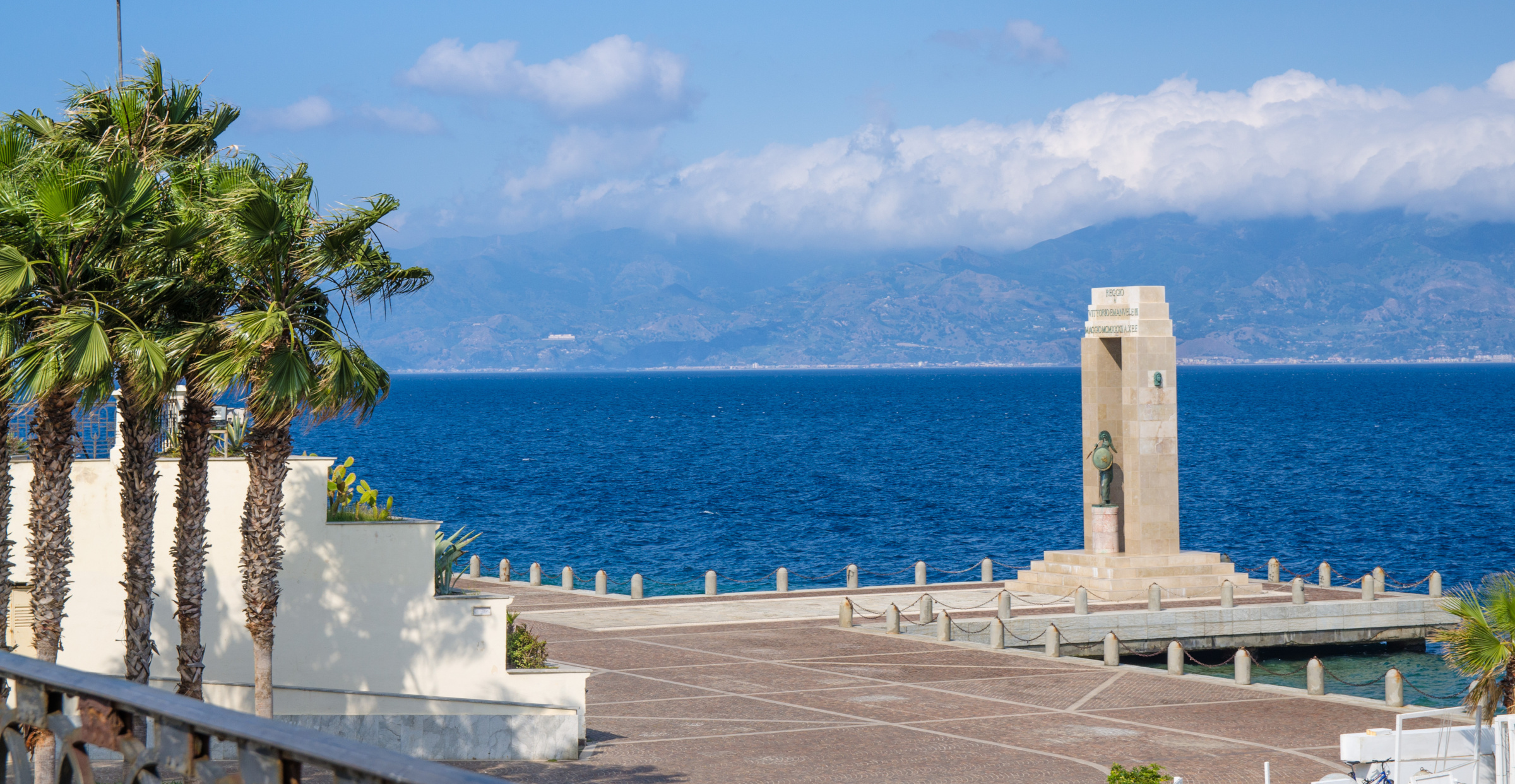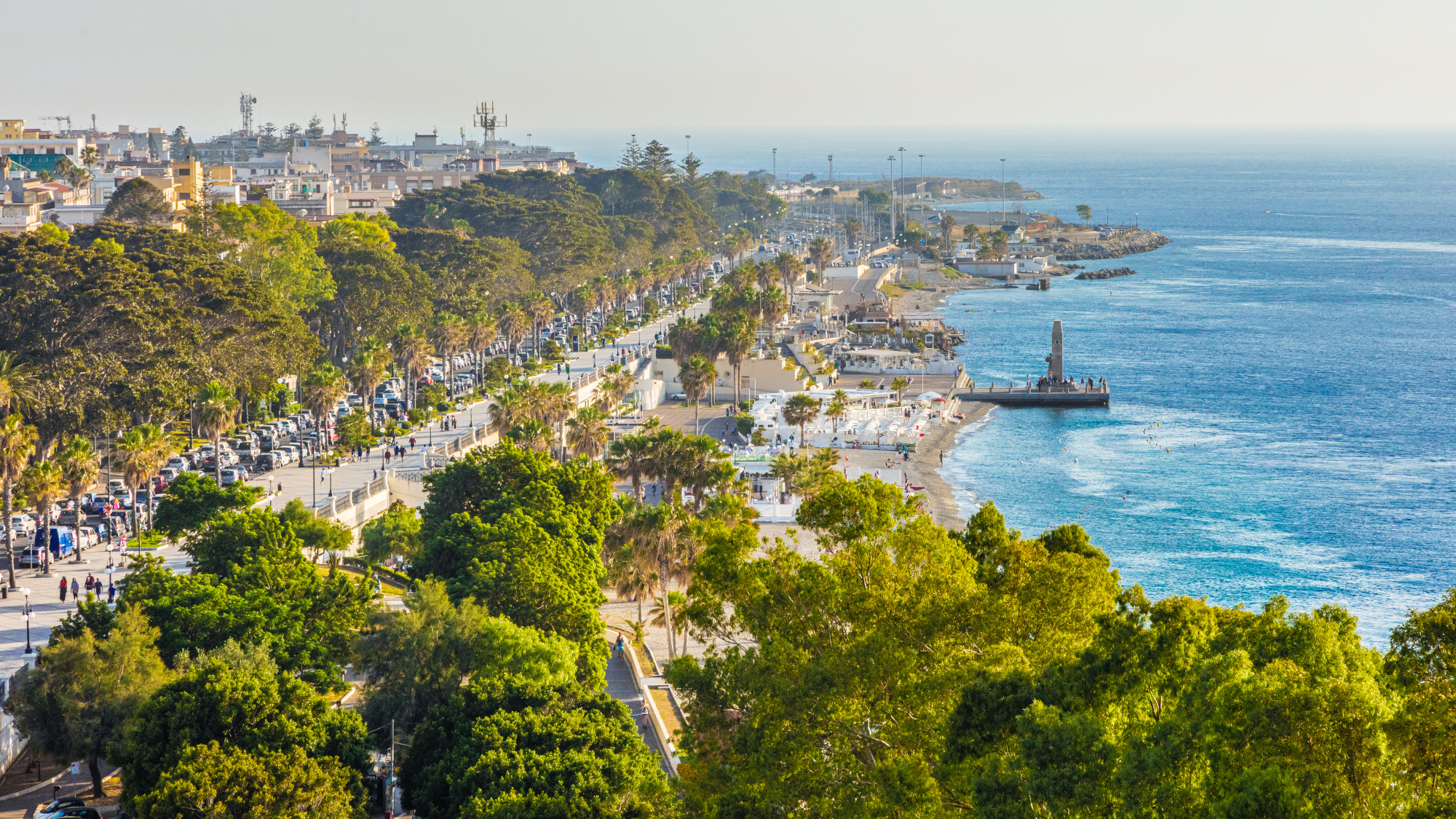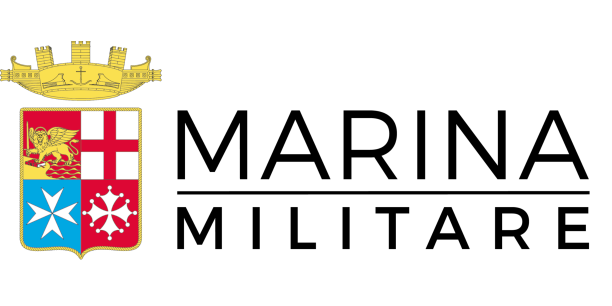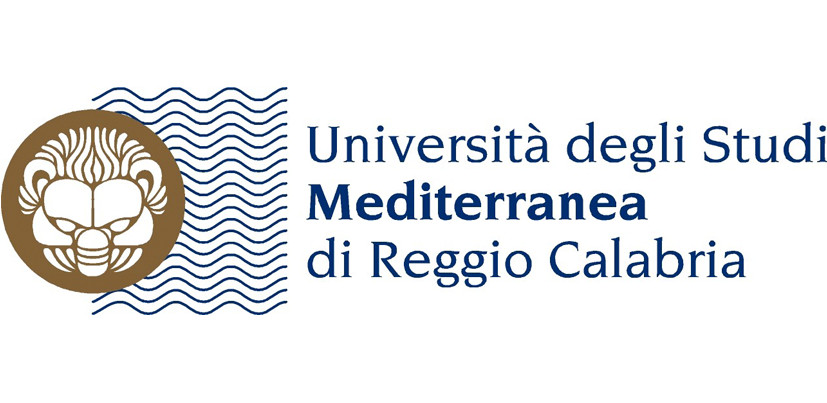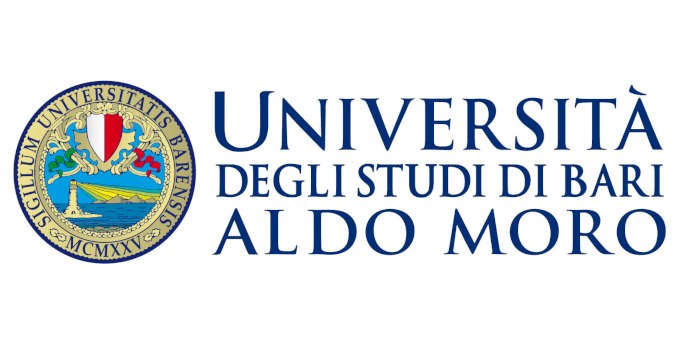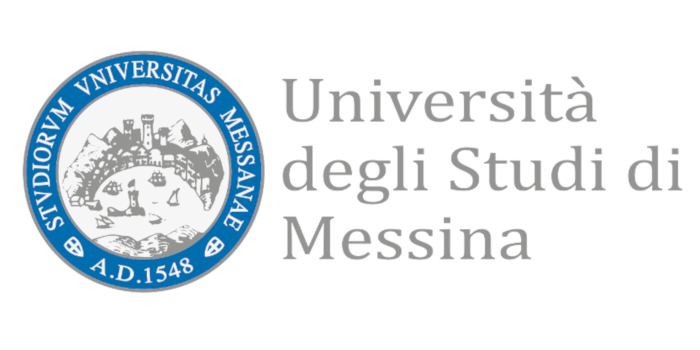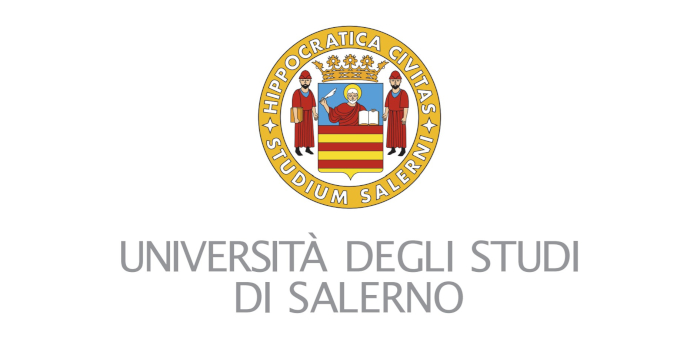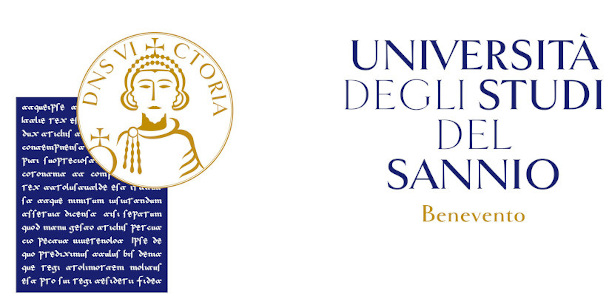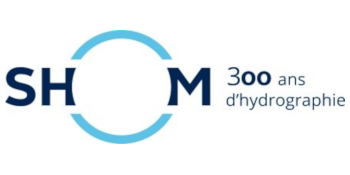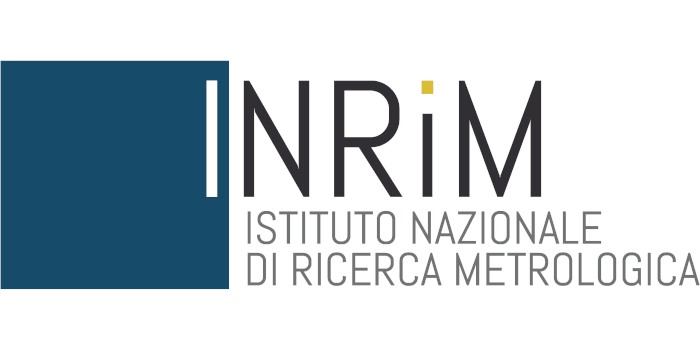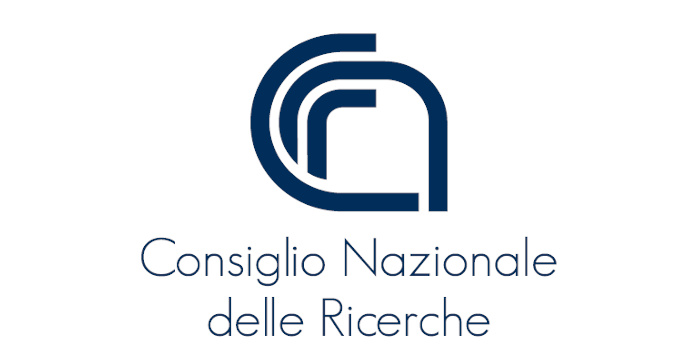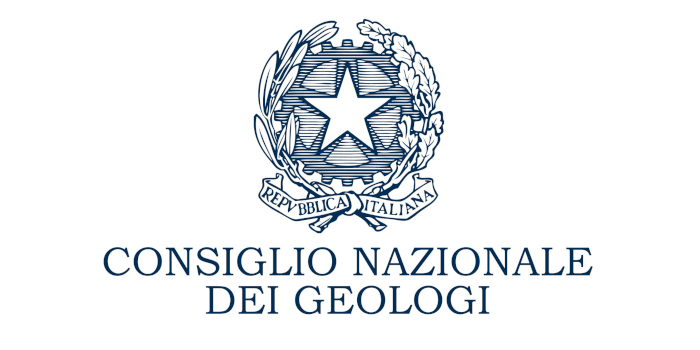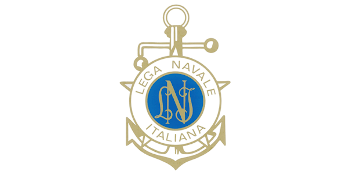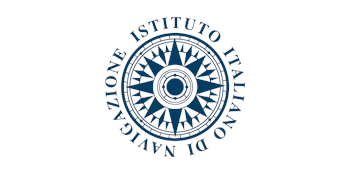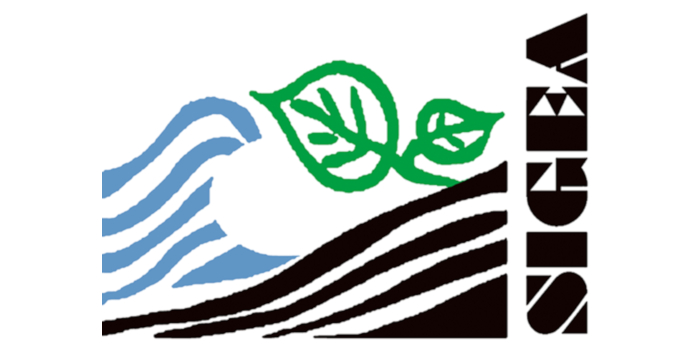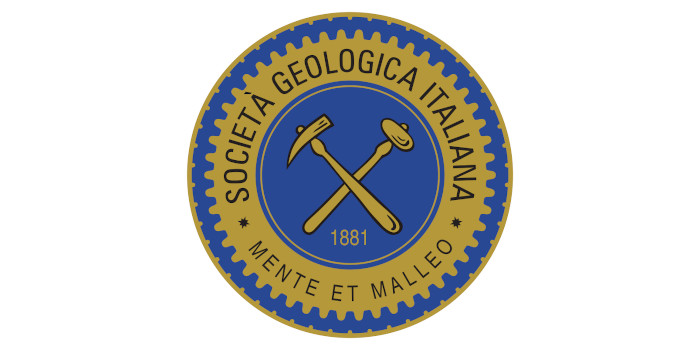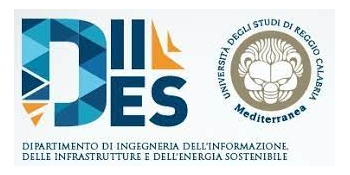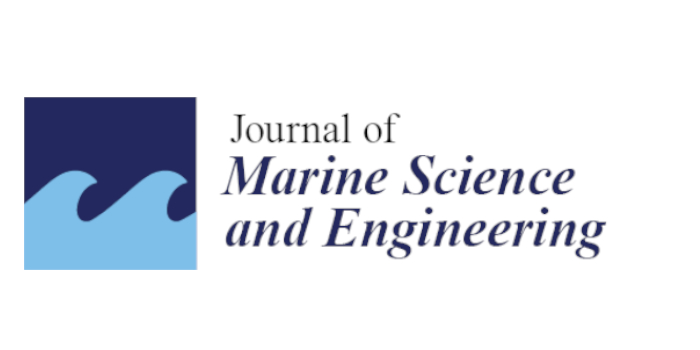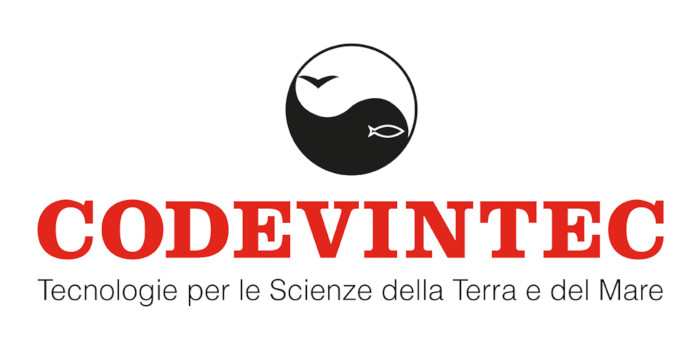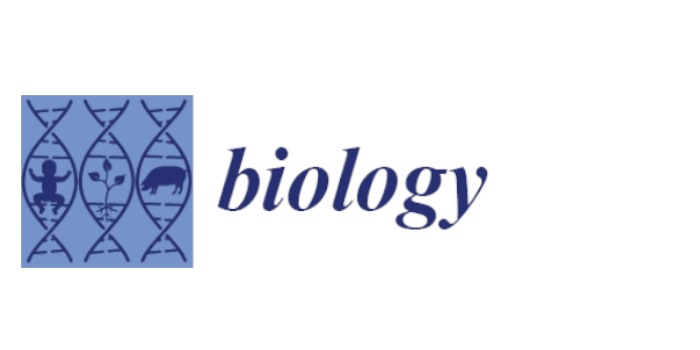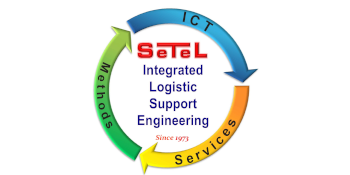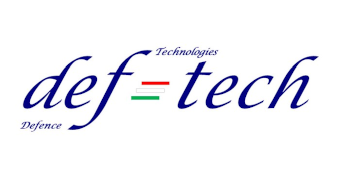Marine Organism Tagging
ORGANIZED BY
Pierluigi Carbonara
COISPA Tecnologia & Ricerca
Uwe Krumme
Thuenen Institute of Baltic Sea Fisheries
ABSTRACT
Over the past decades, telemetry applied to aquatic organisms has greatly developed in terms of tag miniaturization, battery life, software, transmissions (e.g. acoustic, satellite), hardware. These tags are precious tools for the characterization and monitoring of behaviour in a wide range of organisms. Moreover, electronic tags can also be equipped with environmental sensors that can record diverse data, such as temperature, depth and salinity, while monitoring physiological parameters, such as heart and ventilation rates or muscle activity. These technologies have a broad spectrum of applications both for the open sea in the context of conservation and ecology and aquaculture serving as physiological indicators linking to the rearing practices and condition (e.g. slaughtering, water quality, feed, stocking density).
ABOUT THE ORGANIZERS
Pierluigi Carbonara PhD in sea environmental protection (University of Siena, Italy). He has a permanent position as researcher at COISPA since 1997. His focus interests are: fishery biology, growth, population dynamics, fish physiology, gears selectivity, fish welfare. In particular his activity is focused on: age reading and age validation in fish (otoliths, spines, vertebrae etc.); analysis of sex and maturity stage in fish, crustacean and cephalopods; LFDs analysis, fish ecology. He conducted several Fish Tagging program, trawl surveys, discard and landing sampling projects on different commercial fishery fleets (small scale, trawl, purse seine, long lines, driftnet). Moreover, in the last 15 years he conducted studies on fish behaviour and physiology by telemetry tools in aquaculture context. He is author/co-author of several scientific publications and member of several internation (ICES, FAO and GFCM) working groups on age determination.
Dr. Uwe Krumme studied fisheries biology at the University of Kiel (Germany). For 10 years he worked at the Leibniz Center for Tropical Marine Ecology in Bremen, conducting field work on mangrove fish ecology in tropical estuaries, e.g. in Brazil, Colombia and China. Since 2011 he is responsible for the German commercial data collection program in the Baltic Sea and leader of the research group Living Marine Resources at the Thünen Institute of Baltic Sea Fisheries in Rostock. Since 2015 he is the vice director of the institute. He is involved in a wide spectrum of research topics involving estuarine fish ecology, fish tagging, age determination, stock separation, commercial catch sampling, fishers´ ecological knowledge, fish stock assessment, and participated in several ICES working groups.
